aeioTU, 15 years transforming communities with quality education for the early childhood ecosystem.
Our aeioTU History

Table of Contents
Our aeioTU History
15 years of impact and transformation

Have you ever wondered what the source of your fears is? Or why do you like a specific color better? How much of what happens in your adult life do you think relates to your early childhood experiences?
You are and many other questions hovered in our heads at aeioTU during 2008, the year in which we decided to invest in a social impact strategy.
Full of curiosity, we began to investigate and found several studies that gave us some lights, including the award Nobel Prize in Economics James Heckmanwho analyzed data from a project made over 50 years ago by the Perry Preschool Project team.
The project focused on the relationship between learning and development, intentional play, open-use materials, interactions between children and adults, and consistent but flexible routines. Their results forever changed the trajectory of early childhood education and gave us the first clues to answer our questions and decide to invest time and resources in early childhood education.
James Heckman showed that quality early childhood education has a positive impact on children and the communities in which they live. Among other things, those who participated in the program have fewer teenage pregnancies, are more likely to finish high school, are more likely to have a stable job and have higher incomes.
The intervention cost $15,166. It is estimated that for every inverted dollar, there has been returned $12.90 dollars. Moreover, for example, only the saving in terms of social costs associated with crime is estimated at more than $171,000. Together with other longitudinal studies that have been done since then, these figures show that early childhood development is one of the most cost-effective investments that society can make to guarantee children’s rights, building human capital and promoting sustainable development.
On the other hand, advances in neuroscience also allow projecting the negative consequences of not investing in early childhood development. Today we know that early experiences forever affect the architecture of the brain. Although genes establish something like a developmental blueprint, it is experiences that determine the tools a child will have for the rest of his or her life. For example, toxic stress, which occurs in situations of abuse or abandonment, weakens the connections between neurons in areas of the brain dedicated to learning.
Today, however, more than 200 million children (UNICEF) are at risk of not developing their potential in early childhood. In most countries, less than 50 per cent of children under five years of age participate in educational programmes. Those who do not are the most vulnerable children, deepening inequalities that are likely to expand over the years.
With all these reasons as a basis, full of illusion and more aware of the challenges and potential of early childhood, At aeioTU we committed ourselves to working tirelessly to ensure the full development of the potential of all children to become free adults, leaders, empathetic, responsible and happy. That’s how we built the first curriculum for early childhood. That curriculum is called aeioTU Educational Experience and is inspired by the educational philosophy Reggio Emilia, considered by UNESCO as one of the best for early childhood. Through this curriculum, children learn through exploration, art and play, and they themselves are the protagonists of learning from their own interests.
A longitudinal study by the University of the Andes and the NIEER Institute of the University of Rut-gersshowed that, after 8 months of children enjoying and learning with the Educational Experience aeioTU, there are significant differences in the cognitive development of children, also evidenced that their parents play more, use fewer punitive punishments and participate more in democratic spaces, which clearly improves the quality of life of children, their families and the community; and contributes to closing the gap between children from high and low income families.
Currently, at aeioTU we operate through an innovative and flexible business model, to provide services, inspire and connect the early childhood ecosystem through 4 strategic lines of business:
Direct Operation: We operate private centers for high- and middle-income families, and public centers in partnership with the government in vulnerable communities.
Consultancies and Projects: We share our knowledge, support capacity building and promote systemic change in communities.
Red aeioTU: We build a digital platform to create a global social learning community, where parents, caregivers, teachers and educational organizations can share their experiences, knowledge and practices to foster the full development of each child.
Advocacy and advocacy work: We mobilize actors and organizations around the early childhood agenda, strengthening the participation of local authorities, the private sector, academia and social organizations.
During these 15 years of work, we have managed to impact the lives of more than 800,000 children, we have strengthened the skills and knowledge of more than 59,000 educators, we have influenced the parenting practices of more than 1,000,000 families and caregivers and have enriched the operation of 4,800 educational institutions.
Moreover, this impact is increasingly far-reaching. In February 2022, in view of the alarming figures of abandonment and interruption of education of children globally, Greater Share, a leading English NGO, consolidated an innovative philanthropic investment model of "fund funds" that focuses on transforming children’s education into underserved communities around the world, by supporting NGOs implementing innovative child-centred education models.
More than 4000 NGOs around the world participated in this rigorous selection process, in which aeioTU and 7 other education NGOs were selected to benefit from the assistance of the fund’s entrepreneurial community and will have the philanthropic support that will allow them to further increase their impact. aeioTU is the only organisation selected by the fund in Latin America.
"Thanks to these funds, we will be able to accelerate, grow and consolidate the impact that aeioTU generates on early childhood ecosystems. Not only in Colombia but also in Mexico and Central America. Our vision is to scale our impact to transform the lives of 4,500,000 children." Says María Adelaida López, Executive Director of aeioTU.
Our aeioTU Educational Experience has been recognized by Hundred and the Inter-American Development Bank as one of the top 15 innovations in education that foster 21st century skills in Latin America and the Caribbean.
On the other hand, in 2022, we were recognized with the LEGO Prize, for our outstanding contribution to the lives of children and to the transformation of education.
These recognitions further motivate us to continue working towards a world that understands children as capable, free, happy, full of rights and agents of change in their communities. Our commitment is to listen to children, their families, teachers and caregivers and to continue to articulate with others to promote quality universal education that can close social gaps, to jointly transform the reality of early childhood and foster a virtuous circle of social development.
15 years of impact and transformation

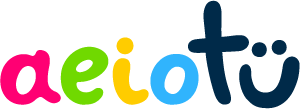
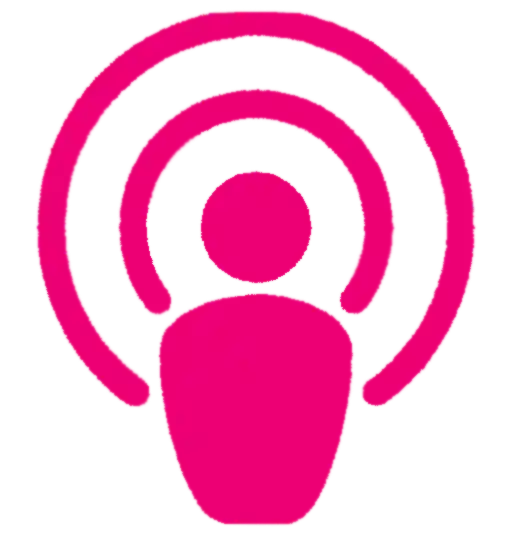 Podcast
Podcast
 Podcast
Podcast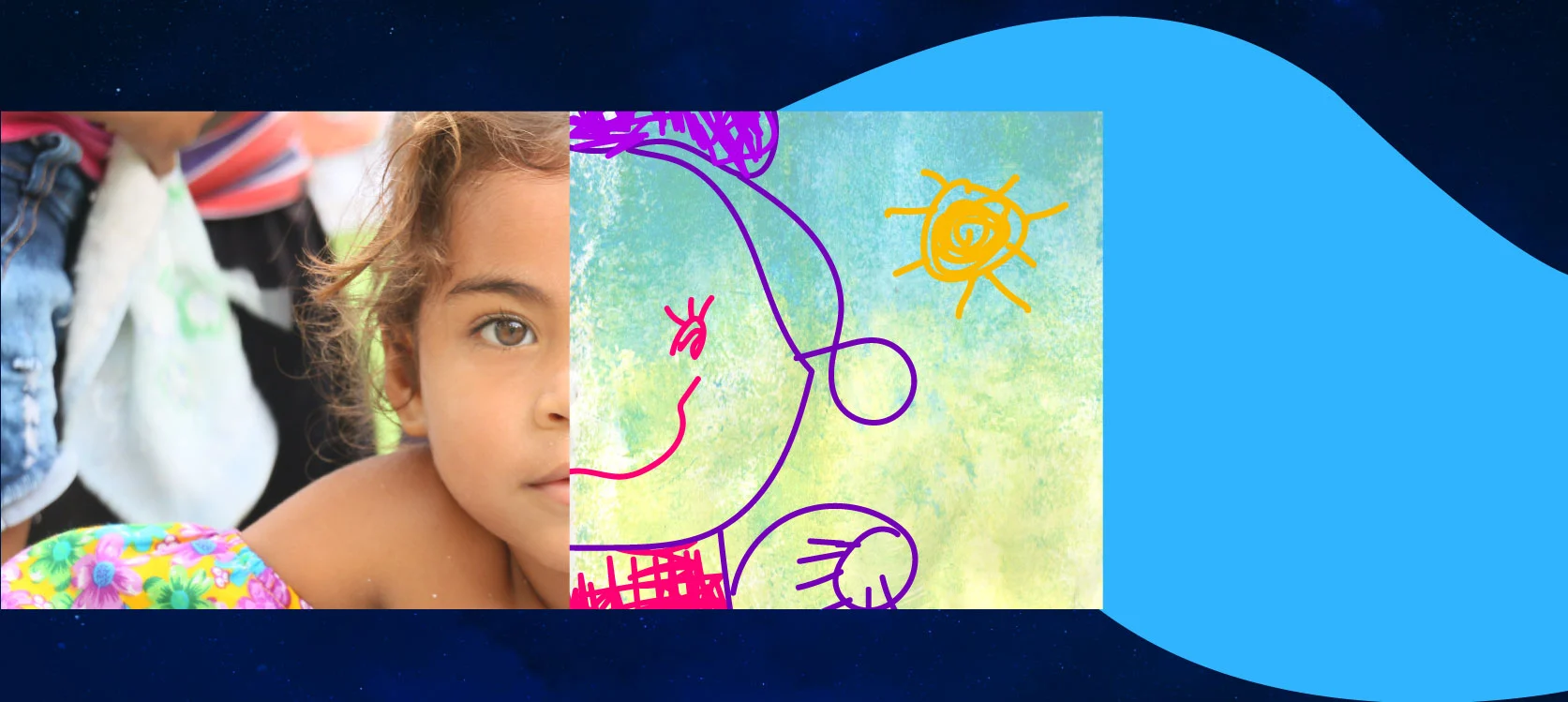

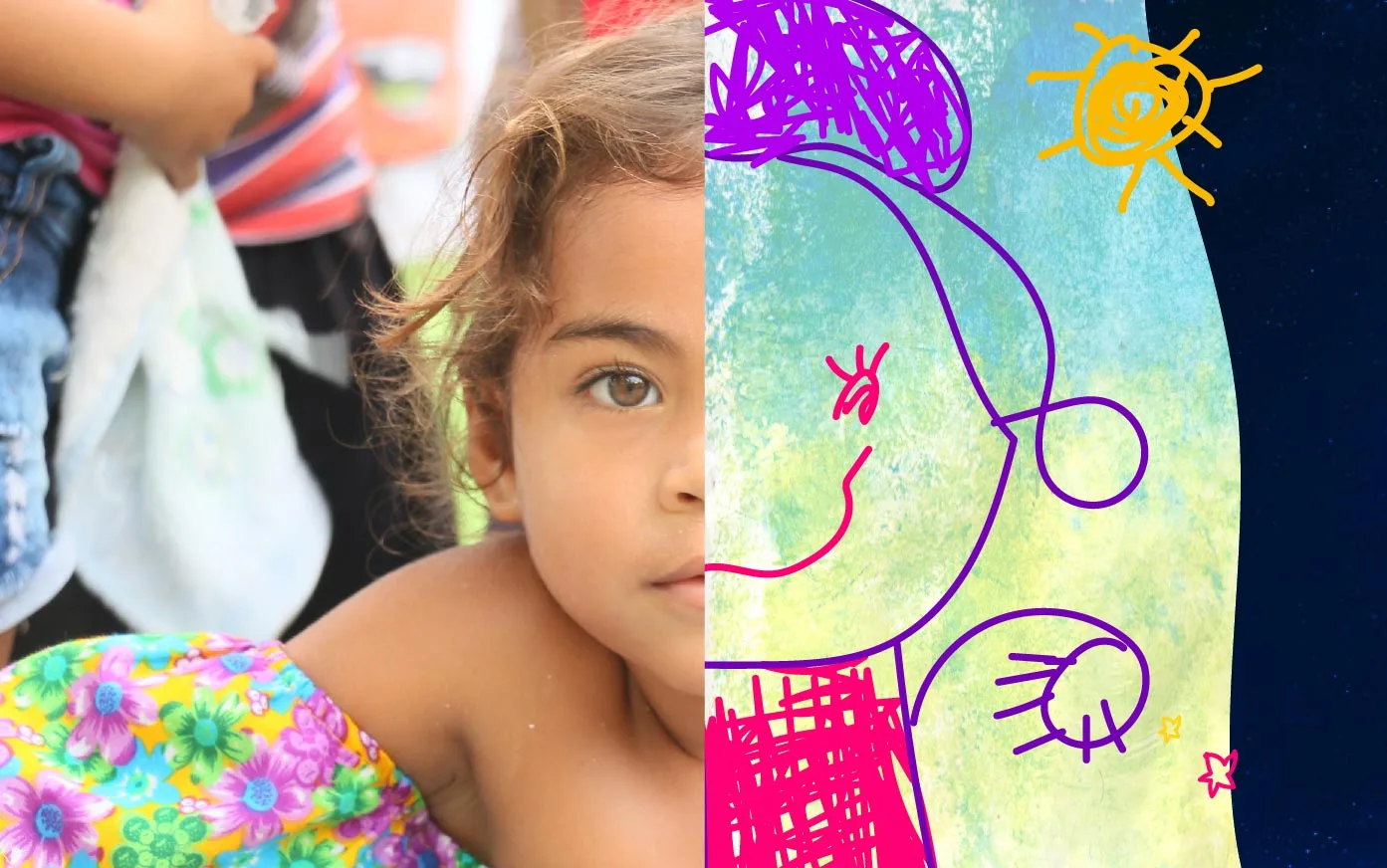

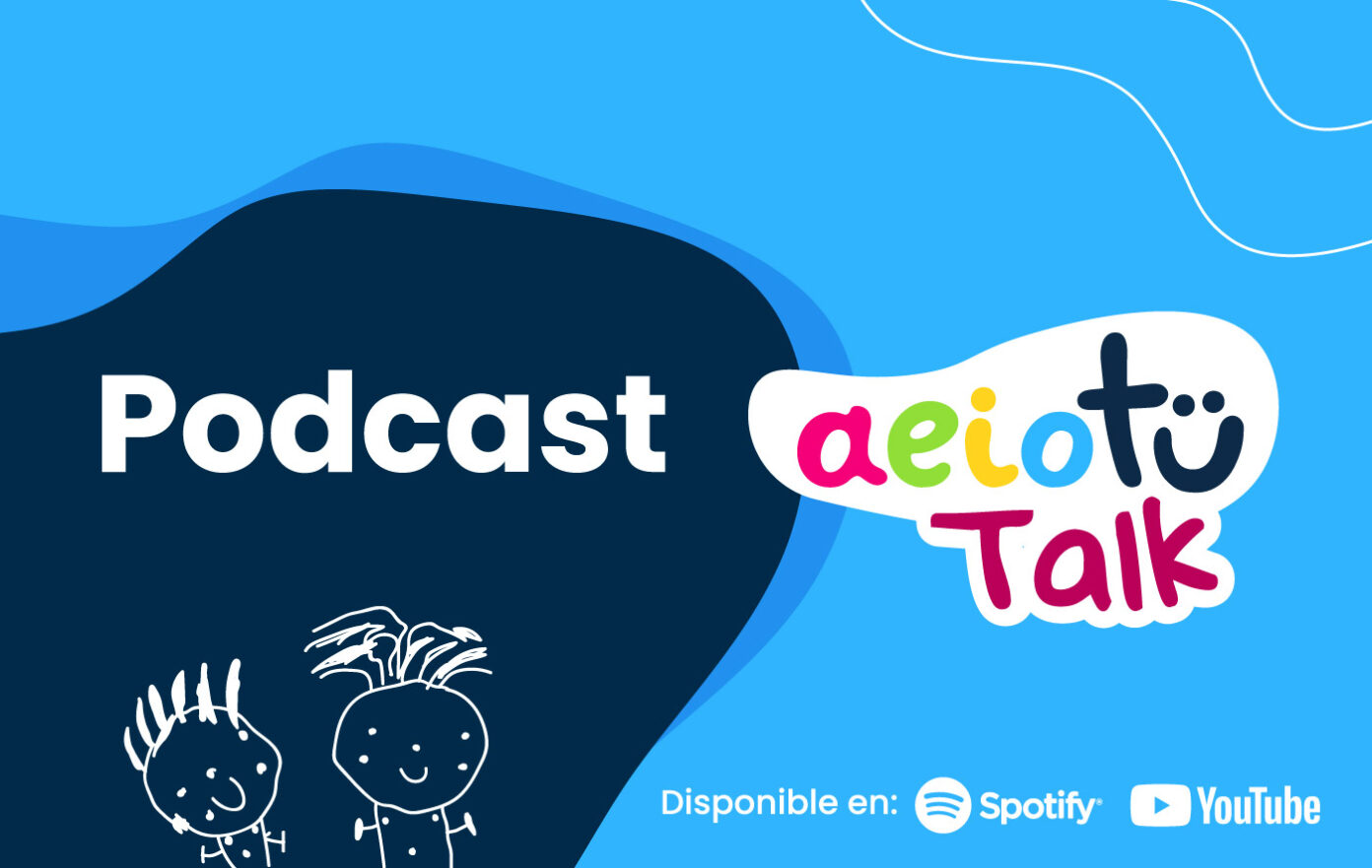
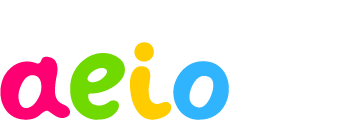
Comments